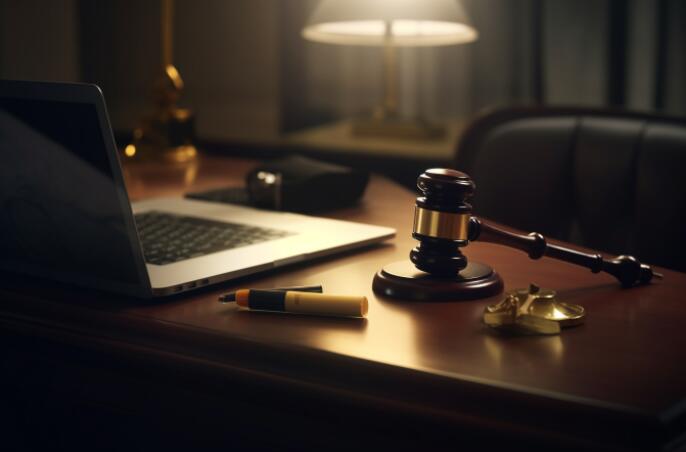The artist providesAI ImageThere has been new progress in a class action copyright infringement case brought against companies that exploited and exploited video generators and their machine learning (ML) models.Stability AI,Midjourney,RunwayLawyers for DeviantArt and the company filed a series of new motions in the U.S. District Court for the Northern District of California, including a motion to dismiss the case entirely, seeking to use legal process to remove the artist's allegations.

Source Note: The image is generated by AI, and the image is authorized by Midjourney
The case was originally filed more than a year ago by visual artists Sarah Andersen, Kelly McKernan, and Karla Ortiz. Judge William H. Orrick dismissed most of the artists’ original infringement claims in late October 2023, noting that in many cases the artists had not actually sought or obtained copyright for their works from the U.S. Copyright Office.
However, the judge invited the plaintiffs to resubmit an amended lawsuit, which they did in late November 2023, with some plaintiffs withdrawing and new plaintiffs joining, including other visual artists and photographers such as Hawke Southworth, Grzegorz Rutkowski, Gregory Manchess, Gerald Brom, Jingna Zhang, Julia Kaye, and Adam Ellis.
In the lawsuit, the artists claimed that AI companies violated their copyright in the original works by taking data from artworks that artists publicly posted on their websites and other online forums, or from research databases (particularly the controversial LAION-5B, which contained not only links to copyrighted works but also child sexual abuse material and was removed from the public Internet) and using it to train AI image generation models to generate new, highly similar works.firstThe data on artists’ works was obtained without permission from the artists and without attribution or compensation.
The AI companies presented new evidence, arguments, and motions in an attempt to completely dismiss the artists’ case. The companies’ main counterargument is that the AI models they produce or provide are not themselves copies of any artwork, but rather create entirely new products—image-generating code—with reference to artwork. Furthermore, the models themselves do not exactly replicate the artists’ originals unless explicitly instructed to do so by the user (in this case, the plaintiffs’ attorneys). Furthermore, the companies argue that the artists have not proven that other third parties have used the AI models to exactly replicate their work.
DeviantArtup to dateThe filing states that it never made sense for it to be sued. DeviantArt was named as a defendant because it provided a version of the underlying open source AI image generation model Stable Diffusion, made by Stability AI, branded as "DreamUp" through its website.up to dateThe filing states that simply providing this AI-generated code is not sufficient grounds for litigation.
Runway emphasizes that it does not store any copies of the original images it trained on. In its amended lawsuit last year, the artists cited research papers from other machine learning engineers that concluded that “diffusion,” the underlying technology behind many AI image and video generators, learns to generate images by processing image/text label pairs and attempting to recreate similar images based on the text labels. However, Runway argues that the artists exposed their theory by citing these research papers themselves, as they did not show that Runway made exact copies of their work. Runway also accuses the artists of relying on third-party machine learning researchers to state that the AI diffusion model attempts to do this.
StabilityAI may facemaximumStabilityAI is under legal pressure because it is the company responsible for training, open-sourcing, and delivering to the world the StabilityAI AI model that drives all the other companies’ products. StabilityAI argues that its AI model itself is not an infringing work and that the company does not encourage users to copy artists’ works.up to dateIn the submission, it mentioned that although the artists claimed that the AI company trained its model by using their works, the artists failed to prove that its model stored copies of their works. In addition, the company believes that even if its model saves copies of the works, this does not constitute copyright infringement.